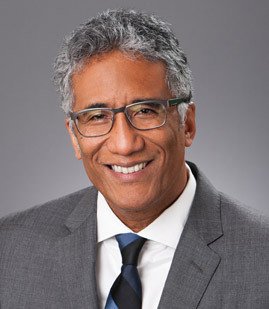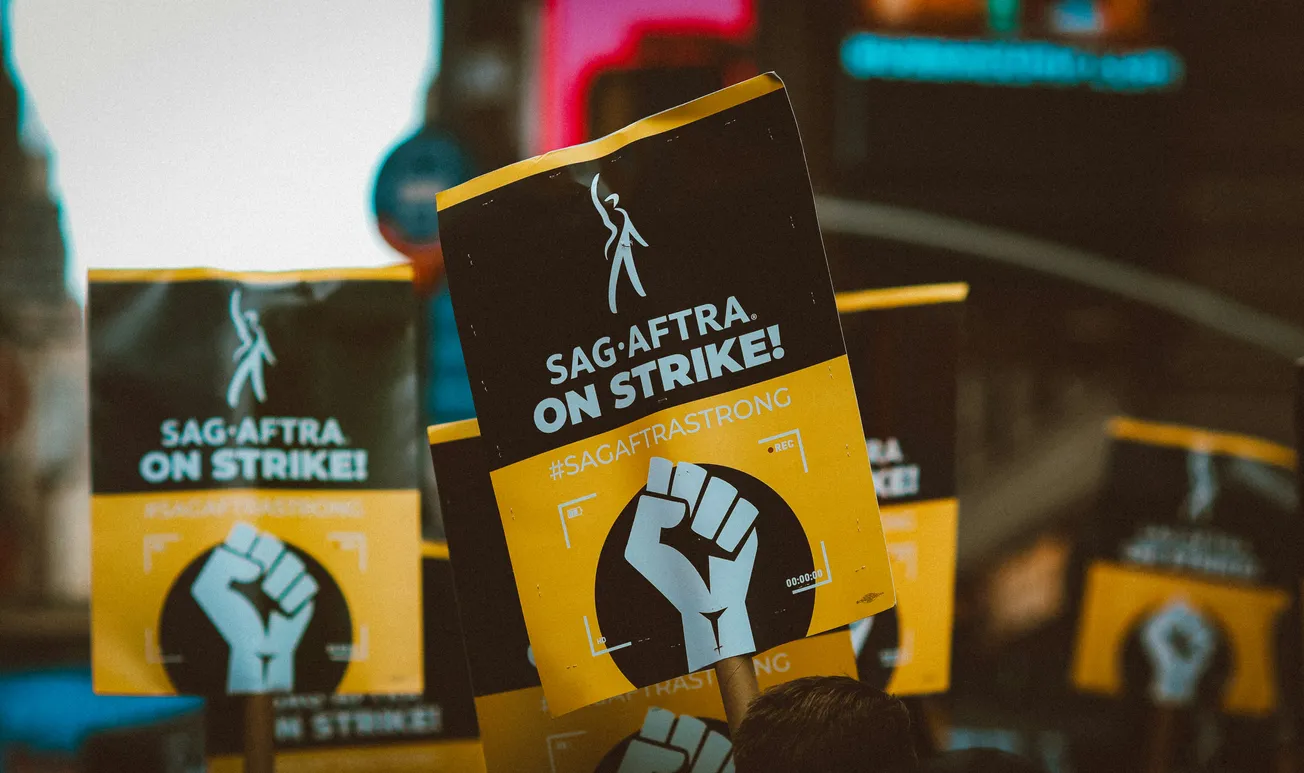A Post Mortem on the TV & Film Industry's Summer Labor Deals from Jonathan Turner, Esq.
Welcome Back to Production.ink, Issue #10, here to provide you with useful and relevant news and resources on the business of production. In this issue, we asked Jonathan Turner, Esq., a trusted friend of Production.ink, to help us suss out the labor state of play as the summer comes to an end. Below is his take.
If you're enjoying our content, please forward to someone else who also would:
Click to forward to friend(s)The entertainment industry has recently emerged from a tumultuous period marked by unprecedented labor disputes, and most would argue that the recovery has not been robust, to say the least. As you know, 2023 saw two major back-to-back strikes by the WGA and SAG-AFTRA, which brought production to a standstill. These strikes highlighted the growing tensions between creative talent and producers in an evolving entertainment landscape. While not entirely foreign to the industry, these strikes were notable for their duration and the solidarity shown by guild members who walked picket lines at major studio lots and filming locations.
[Production.ink's review of the new WGA & SAG-AFTRA deals is here.]
Even as these disputes were resolved, the industry held its breath, anticipating potential further disruptions from the below-the-line unions, including IATSE and the Hollywood Teamsters. However, perhaps due to the extended period of unemployment during the previous strikes, these negotiations concluded without another walkout, much to the relief of crew members eager to return to work. So, what was at stake and what was resolved (or not) in this long season of labor unrest?
[Production.ink's directory of IATSE MOA's & Wages is be found here]
The second major issue centered on adapting the residuals system to the new realities of content distribution. The rise of streaming platforms has dramatically altered how entertainment is produced and consumed, moving away from traditional network television models or movie release windows. This shift has led to shorter employment periods for writers and potentially reduced residual payments for all creatives, despite content being available for extended periods on streaming platforms.
In response, new provisions were negotiated to address these concerns. Writers secured mandatory staffing protections and opportunities for career advancement. All guilds and unions saw expansions to the residuals formula for shows licensed to new media, including premium payments for highly viewed content. Some would say, however, that even with their recent battle victories, the unions & guilds may have lost the war as management has used the season of labor unrest to justify cutting back on production dramatically and/or moving more productions offshore. The impact has been profound.
Looking ahead, the landscape of labor negotiations in the industry remains uncertain. The era of pattern bargaining seems to be over, with management no longer speaking with a unified voice at the negotiating table as we saw the Majors at odds with the Tech companies like Apple and Amazon. There is no doubt, however, that technological innovations, increased offshoring and cord-cutting, streaming financial woes, and box office challenges, as well as other yet unknown difficult issues, will all play a role in how future labor negotiations will be resolved (or not).
Yet despite these uncertainties, the recent round of negotiations has shown the industry can adapt and find common ground, even in the face of significant technological and economic shifts.
Jonathan Turner has been with MSK since 2015, working out of its Los Angeles offices, where he continues to counsel and represent employers in all aspects of labor and employment law. A large focus of his practice is in the filmed entertainment industry, although he also represents employers across all industry sectors. His practice includes employer representation in labor arbitrations, administrative proceedings, court litigation, and collective bargaining negotiations.


Chick-Fil-A has announced plans to develop a streaming service. The fast food company has been working alongside several production companies in talks to create family friendly shows, specifically in the unscripted space, and to acquire content. Unscripted television will be a focus of the new service’s productions, which will undoubtedly have a positive impact on the long struggling reality TV industry.
Casting assistants are officially represented by Teamsters after a unanimous vote. This decision came just in time for negotiations between teamsters and the Alliance of Motion Picture and Television Producers to begin over a new casting agreement. Casting assistants’ long expressed needs for higher wages, job security, and proper health benefits hopefully will be addressed during these negotiations. Teamsters Local 399 will represent Los Angeles casting assistants and Teamsters Local 817 will represent those in New York.
With the rapid rise of the use of AI in production, many are wondering if AI coordinator is the next big job in film and television. Pigeon Shrine, an upcoming player in AI entertainment, has launched a new consulting service called “AI Coordinators”. This service aims to provide on-set guidance for production companies focusing on which AI tools to use and when, and hopes to streamline the process of incorporating AI in film and television. AI coordinators can help production companies navigate the complicated legal aspects of AI usage and help mitigate confusion surrounding the new technology.
With the continuing decline in reality TV production in LA, many unscripted TV professionals are desperately searching for work. Local filming of reality TV was down 57% in April to June this year compared to the last. The constant change of the production landscape, with decreased studio budgets, mergers, and acquisitions, is spreading production jobs across the country and leaving LA workers scrambling.
California has passed a SAG-AFTRA endorsed piece of legislation establishing clear legal limits on the use of AI in digital replicas of performers. The bill uses language reflected in the recent SAG-AFTRA agreement to protect performers' voices and likenesses from unfair use. Performers–unionized or not–will majorly benefit from the protections outlined in this legislation now and in the future.
Hollywood investment firm Content Partners has announced plans for a major expansion. In the past, Content Partners has focused on acquiring ownership stakes in individual Hollywood projects. However, upon the firm’s expansion, it plans to focus on investing in new, up and coming film, TV, and music companies– a great opportunity for many smaller production companies to find footing in Hollywood.

Wondu Dikran has been named SVP of Hallmark Media…Ashley Marks has become the SVP of Casting of Sony Pictures…SK Global hired Jeannine Tang as COO & General Counsel…Mike McQuade has been promoted to the new role of EVP of Sports Production as ESPN undergoes a vast reorganization of executive roles…Patrick Chu has been promoted to head of film and television at Annapurna…Michelle Mendelovitz has left her role as Studio Chief at Mattel Television Studios…Sony Pictures taps Eric Phillips as VP of Drama Development.
Thanks for reading. See you soon. - The Production.ink team
Physical Address: 367 St. Marks Avenue, Suite 765, Brooklyn, NY 11238

